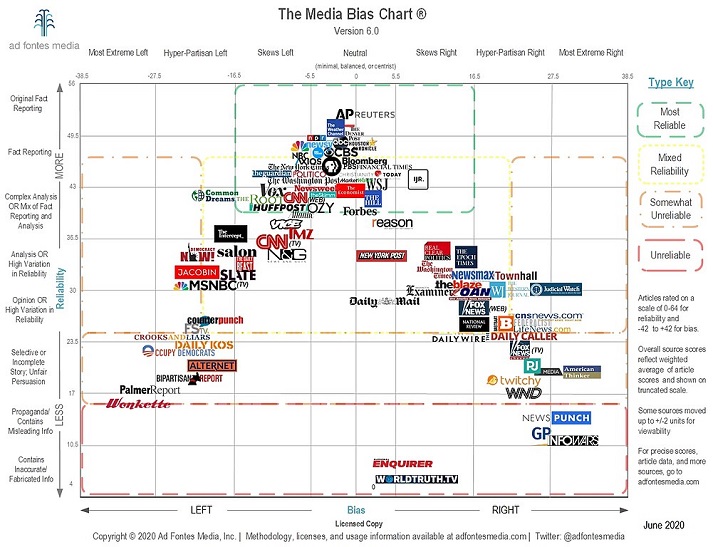Rewrite any biased, inappropriate, or exclusive content. It can be a difficult balance, but you must do your best.
Avoid offensive, religious, racist, and political content, as well as the following.
x referencing specific family members that may not exist for every student
x referencing things that not every family has (car) or can do (vacation)
x referencing specific places or activities (church, Boy Scouts) that are not universal
x focusing on concepts or items (states, inches) found only in the U.S.
x assuming the student lives in a specific time zone or hemisphere
If any of these concepts are unavoidable, add language to recognize the possible exclusivity or include multiple versions when possible. For example, if the content teaches how to address an envelope, include examples from the United States and other countries.
If the content teaches about a historical event, stick to the facts and avoid interpretations. You must present both sides unbiasedly if the content covers a debated topic.
While Elephango maintains a biblical worldview, it cannot state this as fact. For example, if the content teaches radioactivity dating, do not reference a specific age for the earth. The dating process works the same, no matter the exact age of the rocks. Refer to our Content Policy for more detailed information.
Avoid all stereotypes and cultural appropriation. Do not cast any religion, race, gender, or culture negatively. If positive contributions cannot be found, choose different content.
Omit sexual themes, drug or alcohol use, smoking, profanity, violence, and nudity.
In addition to the written content, all referenced material must be unbiased, appropriate, and inclusive. Vet any included videos and images to ensure they meet these criteria. Include hyperlinks to reputable and fair sources only.

NOTE: Writers strive to comply with these guidelines.
Editors must comply.
